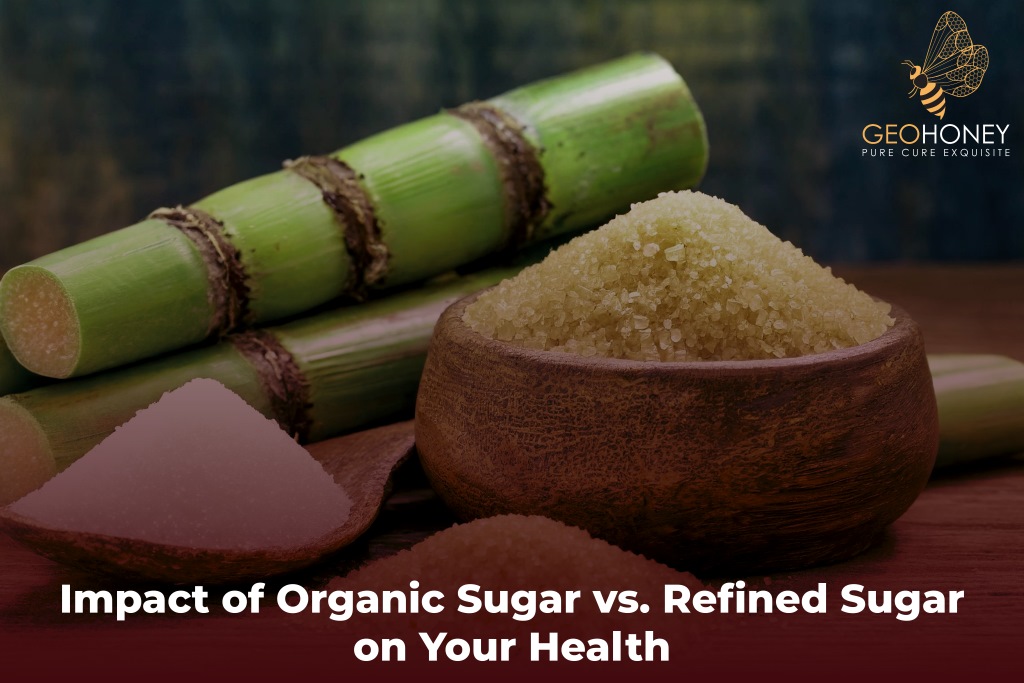- Tokyo: 05:13
- Singapore: 04:13
- Dubai: 00:13
- London: 20:13
- New York: 15:13
The Impact of Organic vs. Refined Sugar on Your Health

Sugar is a ubiquitous part of our diets, present in everything from our morning coffee to our favorite desserts. However, not all sugars are created equal. The debate between organic and refined sugar has been a hot topic in the health and wellness community, with proponents on both sides advocating for their preferred sweetener. In this blog post, we will delve into the differences between organic and refined sugar and explore their respective impacts on our health.
What is Organic Sugar?
Organic sugar is produced from sugar cane or sugar beets that have been grown without the use of synthetic pesticides, herbicides, or genetically modified organisms (GMOs). This means that organic sugar is free from harmful chemicals and additives that are commonly found in conventionally grown sugar.
What is Refined Sugar?
Refined sugar, on the other hand, is processed from sugar cane or sugar beets using a series of chemical processes that strip away the natural molasses and nutrients present in the raw plant. This results in a product that is pure sucrose, devoid of any vitamins, minerals, or antioxidants.
Health Impacts of Refined Sugar
Refined sugar has been linked to a myriad of negative health effects, including weight gain, increased risk of diabetes, heart disease, and inflammation. The high glycemic index of refined sugar causes rapid spikes and crashes in blood sugar levels, leading to cravings, fatigue, and mood swings.
Additionally, the empty calories in refined sugar provide no nutritional value, leading to nutrient deficiencies and an increased risk of chronic diseases. The overconsumption of refined sugar has also been associated with skin issues, such as acne and premature aging, due to its inflammatory effects on the body.
Health Benefits of Organic Sugar
On the other hand, organic sugar retains some of the natural molasses and nutrients present in the raw plant, providing small amounts of vitamins, minerals, and antioxidants. While organic sugar still contains calories and should be consumed in moderation, it offers a more wholesome alternative to refined sugar.
Organic sugar is also less processed and retains its natural sweetness, meaning that you may need to use less of it to achieve the same level of sweetness in your recipes. This can help reduce overall sugar intake and lower the risk of negative health effects associated with excessive sugar consumption.
Making the Switch
If you are looking to reduce your sugar intake and improve your overall health, consider making the switch from refined sugar to Geohoney premium organic sugar. While both types of sugar should be consumed in moderation, opting for organic sugar can provide small nutritional benefits and help support sustainable farming practices.
In conclusion, the choice between organic and refined sugar can have a significant impact on your health. By opting for organic sugar and reducing your consumption of refined sugar, you can support your overall well-being and enjoy the sweet taste of sugar in a more mindful way.



